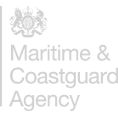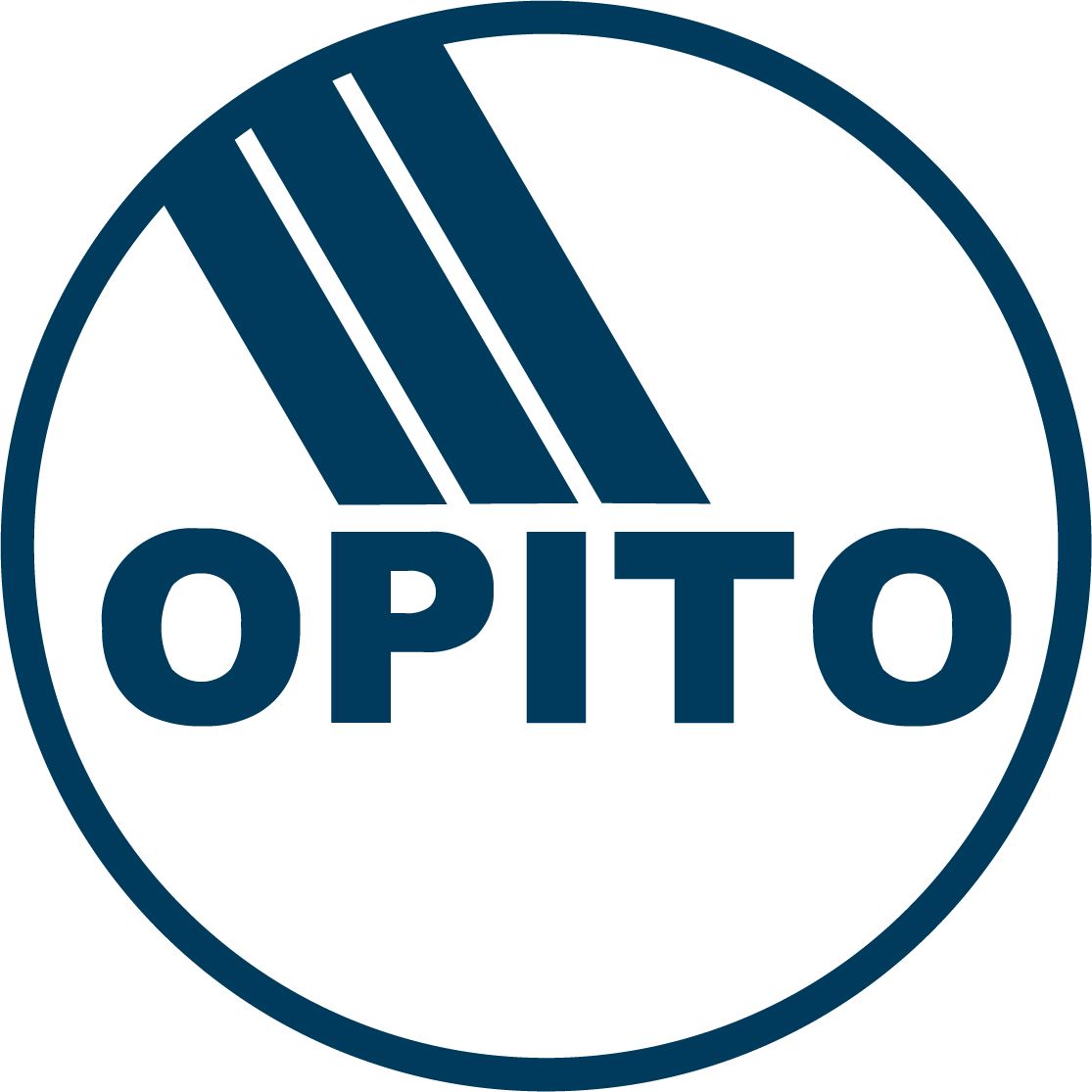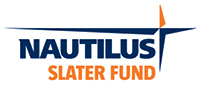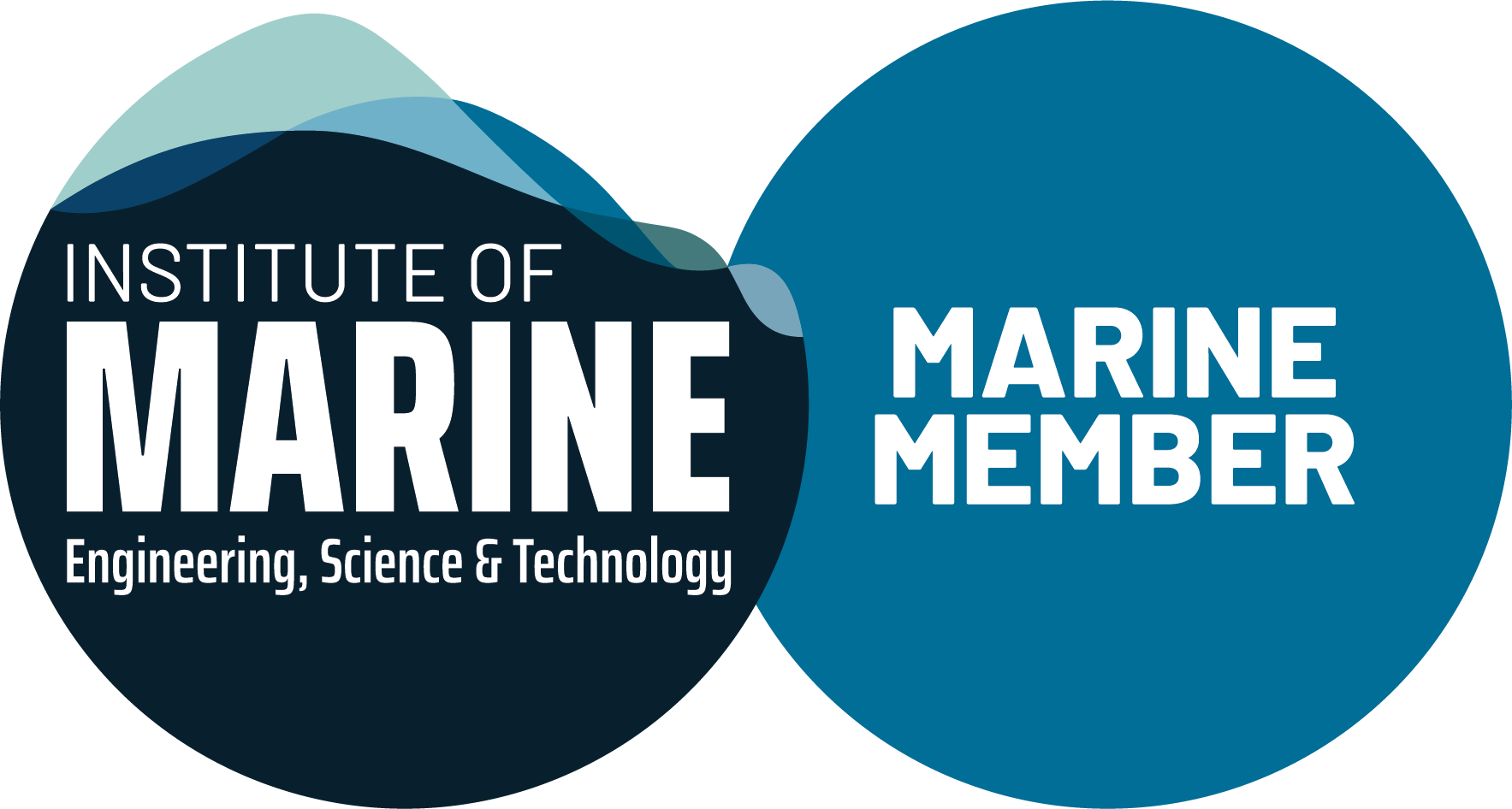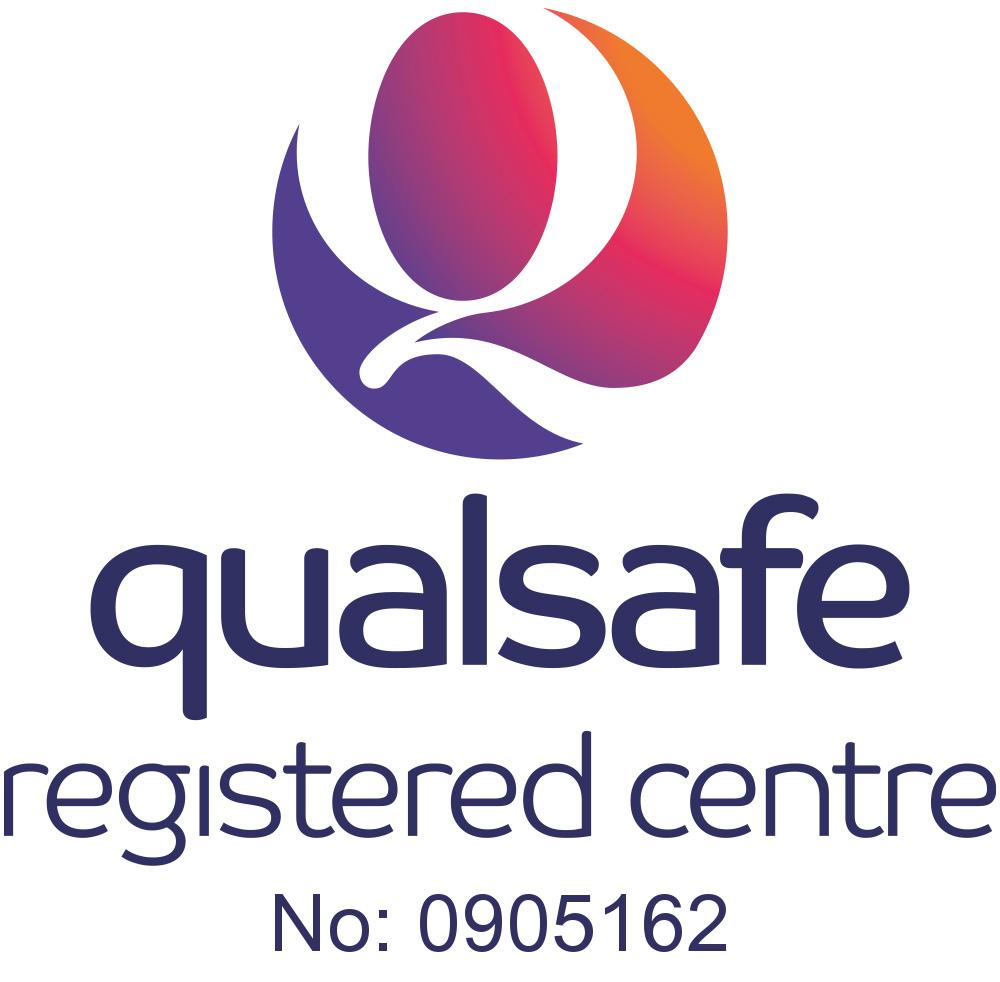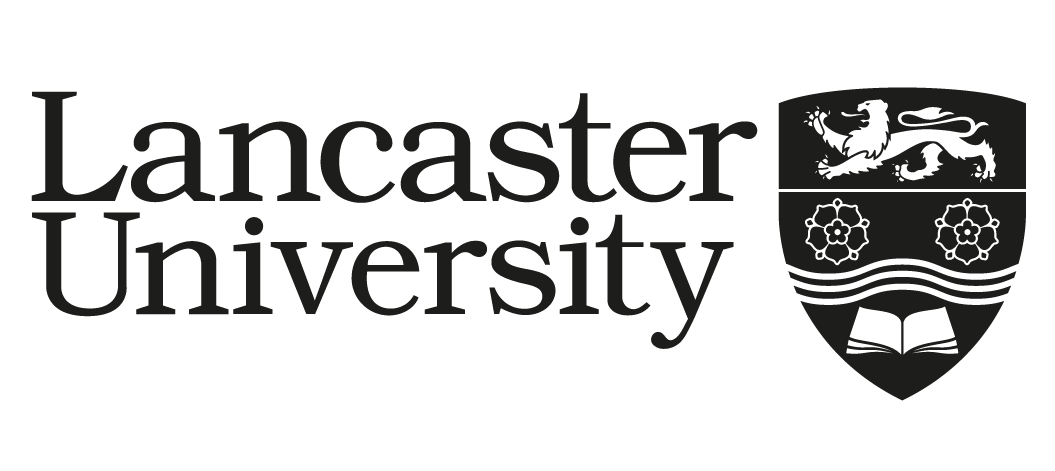Small Ships Navigation and Radar
Course Code: MX1EC459
Maritime & Nautical
Next course dates
| Start Date | Location | Duration / Fee | |
|---|---|---|---|
| 31/03/2025 | Fleetwood Nautical Campus | 1 Week/ £1,250 | Apply |
| 14/07/2025 | Fleetwood Nautical Campus | 1 Week/ £1,250 | Apply |
| 09/12/2025 | Fleetwood Nautical Campus | 1 Week/ £1,340 | Apply |
| 31/03/2026 | Fleetwood Nautical Campus | 1 Week/ £1,340 | Apply |
| 14/07/2026 | Fleetwood Nautical Campus | 1 Week/ £1,340 | Apply |
Course Overview
This Small Ships Navigation and Radar (SSNR) course is designed to provide essential education and training for safe navigation and watchkeeping on small commercial vessels (<24m).
The courses consist of two MCA courses:
1. Small Ships Electronic Charting System (Approved) and Bridge Watchkeeping Course (20 hours over 3 days)
2. Small Ships Radar & Meteorology Course (16 hours over 2 days)
The courses cover the mandatory minimum requirements for the safe use of Radar, Electronic Charting System(s) (approved for navigation), and the application and intent of the International Regulations for Preventing Collisions at Sea 1972, as amended.
Validity of Certificate
Upon successful completion of each course, you will receive an MCA-approved certificate for each element (as above) demonstrating your competence in critical areas of small vessel navigation and safety.
Entry Requirements
This course is intended for all Masters and any crew responsible for navigation on commercially operating small vessels (<24m).
Candidates are recommended to have experience navigating small vessels and hold a level of certification that permits commercial operation in Area Category of Operation 6 or above. It is essential for candidates to have a basic understanding of navigational principles prior to attendance.
Assessment Methods
The courses consist of two MCA courses:
1. Small Ships Electronic Charting System (Approved) and Bridge Watchkeeping Course (20 hours over 3 days)
2. Small Ships Radar & Meteorology Course (16 hours over 2 days)
Assessment is conducted through a combination of written examinations, oral questioning, and direct observation of practical simulation. Learners will receive an assessment plan at the start of the training.
Teaching and Learning Methods
The courses are taught using a mix of theory and practical exercises, utilising state of the art equipment and simulators.
Training methods include practical demonstrations, simulations, team exercises, continuous assessment, and summative assessment (theory and practical).
Industry Placement and Field Trips
The courses do not include industry placements or field trips.
Other Costs and Equipment Needed
Course fees include access to all necessary equipment and materials required for the duration of the training. Candidates are expected to have basic plotting equipment including parallel rulers, compass, dividers and a calculator.
Expert Tutors
All staff involved in the delivery of any courses within the College are approved to teach and/or assess the subjects and modules they deliver. The approval process ensures that staff delivering and/or assessing a given programme are appropriately qualified, with relevant technical and industrial experience and professional practice.
Tuition Fees
Read our tuition fees guide.
Regulation and Accreditation
Accrediting Institution: N/A
Terms and Conditions
Read our full terms and conditions for more information.



